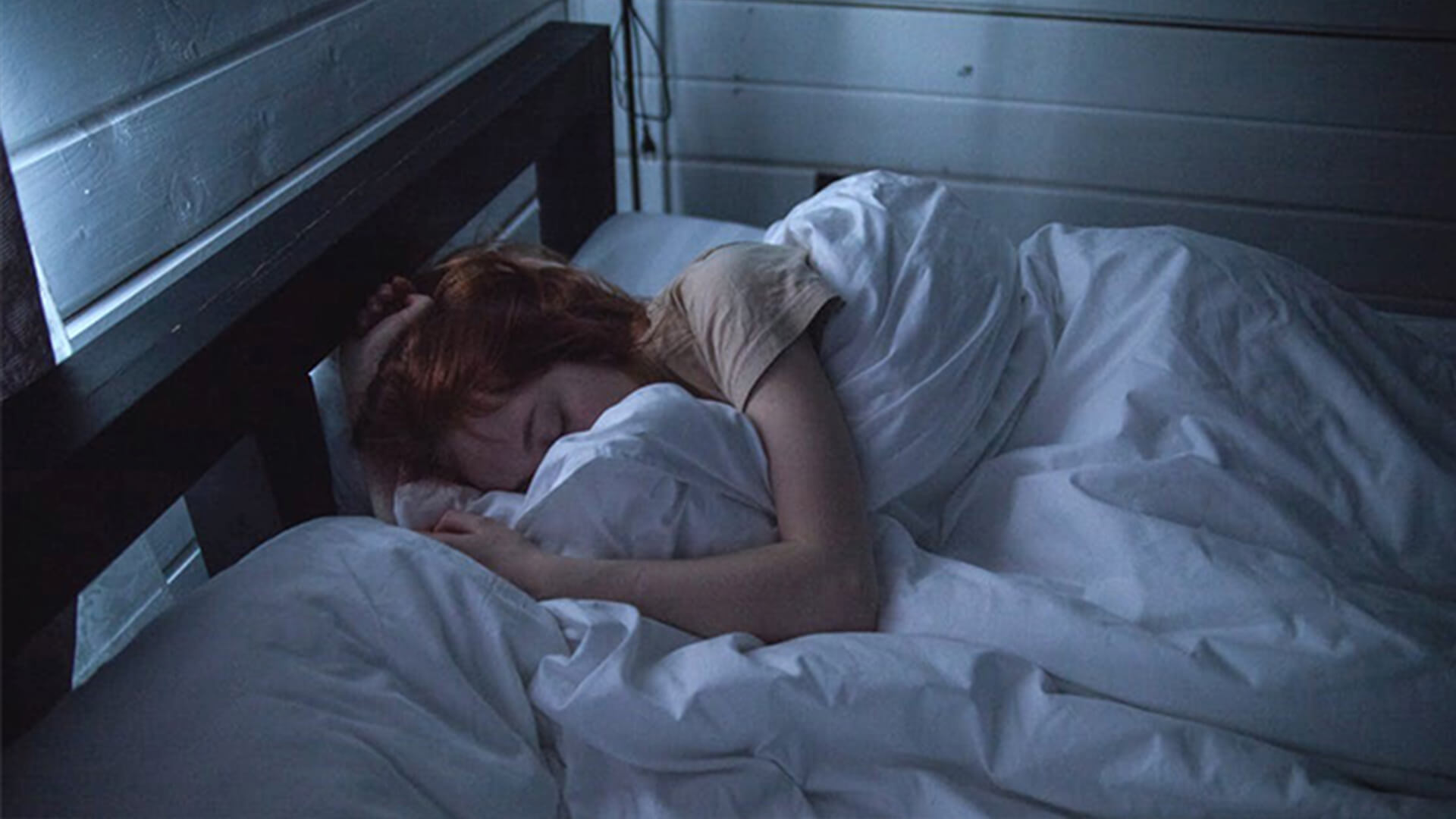Have you ever been so stressed that you can’t seem to fall asleep at night? If the answer is yes, then you’re not alone. Sleep difficulties can be a result of a natural response to stress which in turn causes more stress as you can’t seem to gain any shut eye. Your mind and your body can become aroused and impossible to calm down.
With it being International Stress Awareness Day today it is time to focus on managing that stress at night and fight back. Gaining a good night’s sleep can positively impact your days and weeks ahead so it is best to find the root of the problem.
Luckily for you, the experts at Naturalmat have complied 7 ways to relive the stress you’re experiencing in order for you to have a good night’s sleep.
Increase your current intake of daylight
If your work in a dark office or building day in and day out, then you might not be getting enough daylight which in turn impacts how much sleep you get at night. When you have mass exposure to sunlight or even indoor lights then you do sleep better at night and even more, can decrease depression and stress. So if you realise that you might not be getting the amount you need to calibrate your circadian rhythm get more daylight or invest into a light therapy device.
Exercise
Exercise is considered by professionals as one of the best ways to maintain health and reduce stress. If you find yourself only doing a few steps around the office on a daily basis then make a conscious effort to increase this, even simple thing as a 10-minute work around the block at lunchtime can awaken the senses. When stress affects the brain with its nerve connections – this has a knock-on effect on the rest of the body. So, the first step to reducing stress starts with the body, exercise releases endorphins into the body and that makes you happy, reduces stress and of course will help you sleep at night.
Aromatherapy
Some people have found that incorporating some aromatherapy into your life can help the brain to concentrate and fall asleep. There are many ways to use essential oils to help you sleep, invest into air diffusers and pillow sprays – it is no secret that lavender and chamomile are two popular essential oils due to their calming properties. A quick way to make the most of oils is to have a bath before bed with a few drops of lavender, this will moisturise the air and allow you to immerse into the relaxing atmosphere, ready for when you get into bed.
Keep a journal
You might be able to relieve some stress by keeping a journal handy. This can help you to vent out any frustration you have in order to help manage overwhelming feelings of emotions, anxiety, reduce your stress and cope with any signs of depression. Having a journal can help you to prioritise your problems and concerns whilst also working as a tracker to identify your stressors and triggers so you can see the best way to control them and clear your mind.
Rethink your diet
Alongside exercise, a healthy and concise diet equates to an important part of the stress and sleep equation. If you find yourself drinking a lot of coffee in the afternoon to stay awake, reduce this as it will impact your sleep a few hours later. Try not to eat too close to sleep and ensure that your diet doesn’t contain too much sugar and carbs as this can create carnage to your blood sugar and energy levels. Cutting out late night snacking means your body will gain a well-earned break and a time to rejuvenate throughout the night.
Make your bedroom Zen
This is a simple task which can make the world of difference to your sleep. Invest in comfy sheets that make you look forward to getting into bed every night. You should also use blackout curtains and a good mattress as this will ensure your posture is right for an uninterrupted sleep. In order for your brain to relate sleep to your bed, ensure you don’t eat or do work on your bed.
Tech-free bed
When it comes to stress your brain is going to reel off what it has been exposed to. If you’re checking your phone or watching violent news right before bed, then your mental state is far from relaxed and is in fact reinforcing neural pathways that fuel anxiety. So make your bedroom a tech-free area a few hours before bed and see if you fall asleep quicker and rest more easily.



















